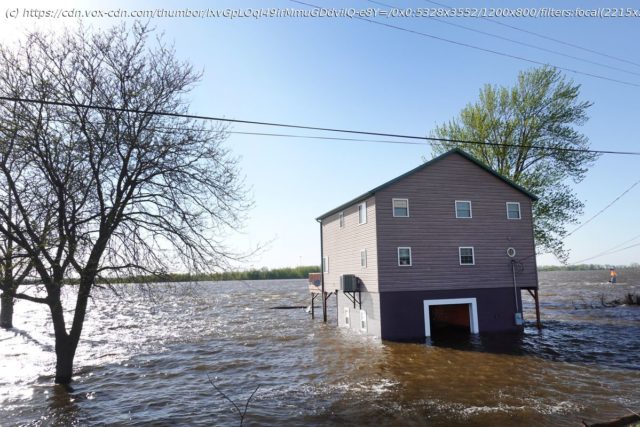The Court handed down a 5-4 decision placing a drastic new limit on efforts to ensure that America’s water supply is clean and safe.
The Supreme Court handed down a 5-4 decision on Thursday which places a drastic new limit on the Clean Water Act, the 1972 law that forms the backbone of the United States’ efforts to ensure that America’s water supply is clean and safe.
As Justice Brett Kavanaugh writes in a dissenting opinion, Justice Samuel Alito’s majority opinion in Sackett v. EPA is likely to hobble the law’s ability to protect several major waterways, including the Mississippi River and the Chesapeake Bay.
The case involves an admittedly quite difficult question of how to read a vague provision of the law. The Clean Water Act prohibits “discharge of pollutants” into “navigable waters.” But it also defines the term “navigable waters” counterintuitively, to include all “waters of the United States, including the territorial seas.”
Both the courts and the federal agencies that enforce this law have struggled over the last half-century to determine which “waters” can be regulated under this uncertain statutory language — a problem exacerbated by the fact that pollutants discharged far from a major waterway can nonetheless migrate into that waterway. A toxic chemical dumped miles from the Mississippi River might find its way to that river through the network of streams, creeks, wetlands, and similar geographic features that feed into it.
As an amicus brief filed by professional associations representing water regulators and managers warned, this new definition will “exclude 51% (if not more) of the Nation’s wetlands” from the Act’s protections. Wetlands often act as filtration systems that slow the seepage of pollutants into major waterways, and as sponges that help control floods.
In short, this opinion will significantly curtail the federal government’s ability to protect American waters.Alito’s opinion is at odds with the text of the Clean Water Act
Although all nine justices agreed that the Clean Water Act does not apply to this particular lot, they split 5-4 on how to read the act, with Kavanaugh joining the three liberal justices in dissent.






